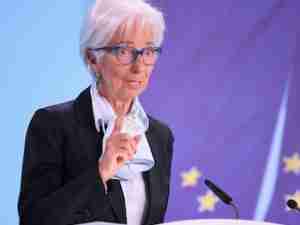The U.S. market accounts for about 15 percent of Brazilian orange juice exports.
The U.S. Food and Drug Administration began testing orange juice imports for a fungicide called carbendazim and found a handfull of shipments coming from Brazil with above permitted levels of the substance.
The pesticide is banned in U.S. citrus but it is used on orange trees in Brazil to fight mold. The FDA said low levels of it were not dangerous and the agency had no plans for a recall, but it would stop any shipments of orange juice at the border that tested positive for the fungicide.
Brazil's juice industry has said it will study alternatives to carbendazim if the United States continues to reject its shipments.
It has also asked the U.S. FDA to base its tests on diluted rather than concentrated shipments of orange juice, measured in from-concentrate equivalent.
Brazil is by far the world's top orange juice producer with exports valued at more than $2 billion each year. About three quarters of its exports go to the European Union, which has a maximum permitted level of 200 parts per billion (ppb) of carbendazim, which Brazilian shipments easily meet.
The FDA says any level of fungicide below 80 ppb poses no health risk. Brazilian juice shipments it tested had carbendazim content of between 20 ppb and 52 ppb but the juice was still detained due to the outright ban on the chemical in the United States.
The Trade Ministry, nor the local juice industry had immediate information about what individual markets had imported FCOJ in January from Brazil. (Reuters)



